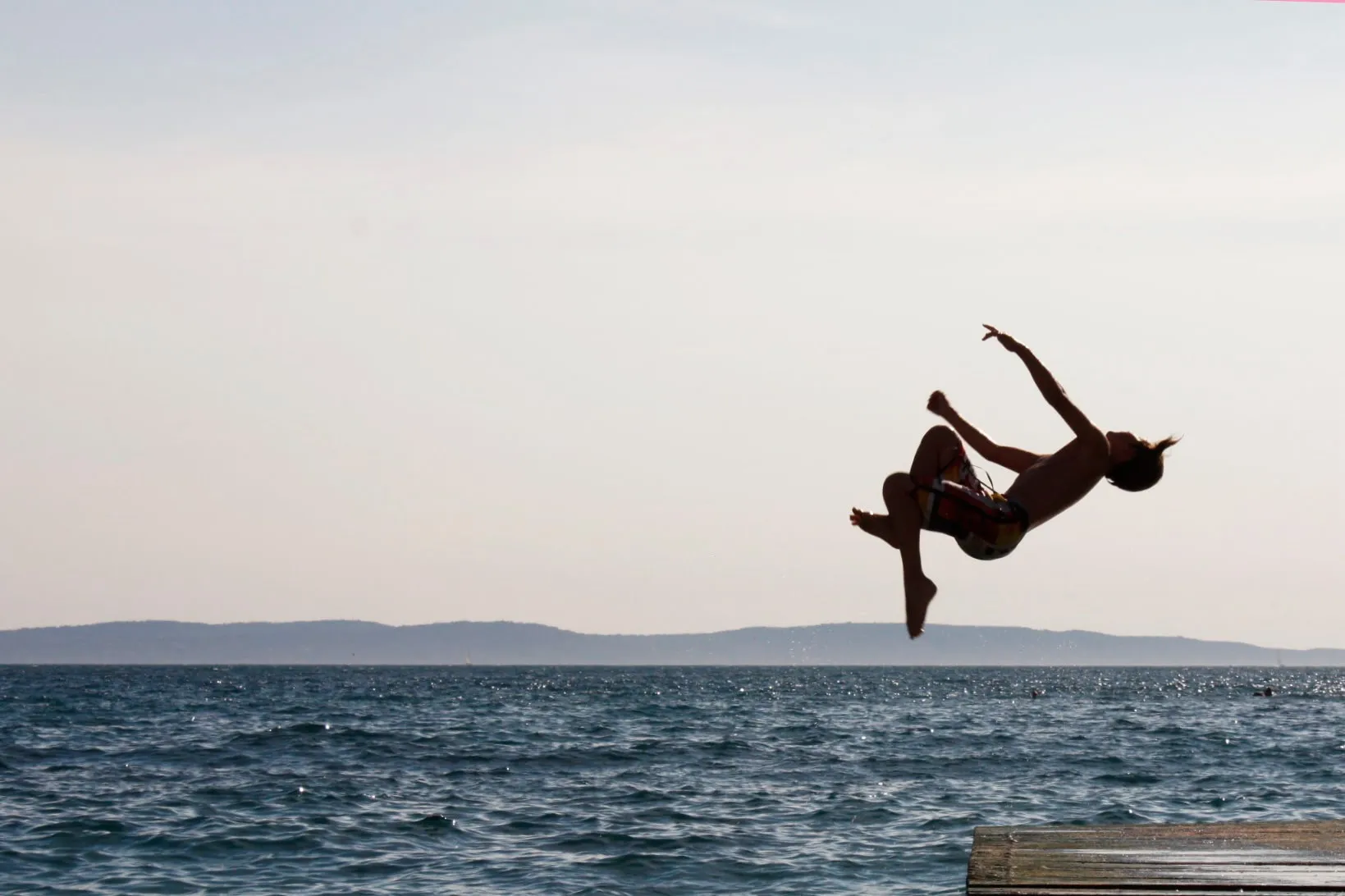Releasing the burden of identity
Not chasing identities anymore.

There’s a game I remember playing as a kid at school. It didn’t have a formal name; we knew it by the first line of the script you’d say: “We come from America, the name of our profession is…”—a literal translation of “Amerikából jöttünk, mesterségünk címere” in Hungarian.
It was a game like charades. A pair of us would step to the side and decide on the profession we wanted to act out. We’d introduce our profession by revealing the first and last letter, and the others would have to guess it based on a verbal or physical dialogue we performed.
We used to play this game in napközi, the afternoon hours after formal lessons. I loved this game because it was an exercise in imagination. We got to try on different personas and dream up a wide range of professions. Doctors and lawyers were predictable options; the more creative and obscure the profession, the better. The real fun was in making it just challenging enough for people to guess, so that they still get the excitement of getting it right.
Napközi was only a thing until 5th grade/year 6. After that, choosing a profession took on a different tone and format. The question became, ‘Who do you want to be when you grow up?’ and this really puzzled me. Outside the realm of play, it felt burdensome to even think about it. I remember borrowing someone else’s answer and feeling ashamed of my dishonesty.
I didn’t know what or who I wanted to be, and I didn’t understand why the others were able to put a label on their future selves so early on. My inner monologue was along the lines of, “How are you supposed to know what you want to be before you even try it out?”
It would be an oversimplification to say that I was more experimental, or a freedom-lover destined to explore more alternative paths. My path hasn’t been that alternative at all. It really just depends on who you compare me to.
My younger self simply took the question extremely seriously. Everyone else probably borrowed or invented answers with ease and free from the weight of my imagination. Young me believed that deciding what she wanted to be meant she had to become a perfect version of it and stay that way forever. Otherwise, she’d be a failure.
This line of thinking is unproductive, to say the least, but you can’t control what you absorb as a kid from your environment. I was influenced by my immediate home environment, where inflexible beliefs and thinking ruled. There was also an unquestionable conflation of profession and identity, which is a reflection of a society heavy on masculine energies—in the yīn (阴) and yáng ( 阳) sense—that celebrates doing and achievements more than anything.
Experimentation really just means choosing a path, observing what comes out of it, and then using that data to make further decisions and choices. I didn’t feel like I had the freedom to experiment as a teenager, but I also didn’t have the courage to create the freedom for myself. So, I avoided the task of choosing altogether.
I refused to decide what box to fit in then, and I continued refusing for many years. At the same time, I’ve been relentlessly searching for boxes that fit. I made it my mission to find the one thing I can be, a professional identity that feels true to me—one that I can finally commit to.
Tilda Swinton refers to this search for a single identity as “the burden of identifying ourselves.”
[It’s] so very touching the way humans can create these terrible problems with this, this burden of identifying ourselves. I think it’s too much. I think we should be easier on ourselves.
This clip of Tilda speaking1 on the topic found its way to me at an opportune time. I found myself mulling on this identity issue again, and I wish to be done with it.
I used to think that I enjoyed trying on different identities, just like I enjoyed slipping into different roles for that school game. And I do, to an extent. What took me longer to realize is that the search for a singular identity was also my mind’s way of trying to compensate for the lack of clarity and stability around identity during my formative years.
My quest for identity was a ceaseless search for a role I could commit to fulfilling perfectly and forever—a role that doesn’t exist, which conveniently gave me the excuse to never stop looking. It makes me wonder how much of this was driven by a desire for novelty and experimentation, and how much by a fear of commitment and failure. Probably both.
Once I understood that I was the maker of my own problems, the quest lost its purpose. It came to an end when I decided to release myself from its burden—that is, I changed my perspective. Tilda Swinton’s perspective on identity essentially reflects the conventional wisdom of living in the moment. I’ve always known this to be true, but it’s only recently that I’ve been able to truly internalize it:
I’m not a big believer in identity. I don’t know that we ever should feel the pressure to identify ourselves as one thing with a sort of, you know, menu attached. Because life’s way too interesting for that. And we are morphing all the time. So, the more easily we can just ride that horse all the way and enjoy all the different landscapes that it will take us on, through, and past, the better. That’s just going to be the easier way to go.
Footnotes
-
The question that prompted Tilda’s identity speech was “What’s a thing that you look for in a character that makes you say yes to a project?” From Tilda Swinton at SXSW 2023 Keynote ↩